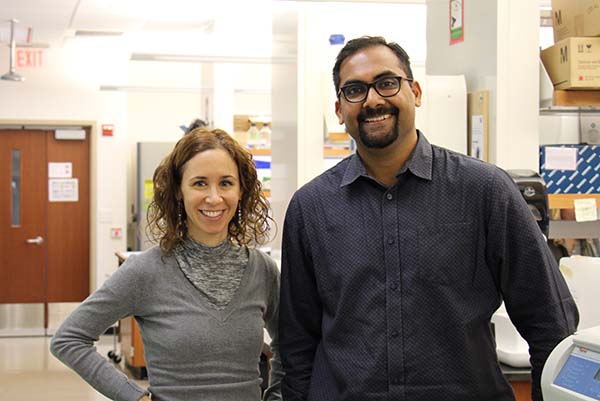Directing Traffic: Chaperone-mediated protein transport in malaria parasites

The ability of eukaryotic parasites from the phylum Apicomplexa to cause devastating diseases is predicated upon their ability to maintain faithful and precise protein trafficking mechanisms. Their parasitic life cycle depends on the trafficking of effector proteins to the infected host cell, transport of proteins to several critical organelles required for survival, as well as transport of parasite and host proteins to the digestive organelles to generate the building blocks for parasite growth. Several recent studies have shed light on the molecular mechanisms parasites utilize to transform the infected host cells, transport proteins to essential metabolic organelles, and for biogenesis of organelles required for continuation of their life cycle. Here, we review key pathways of protein transport originating and branching from the endoplasmic reticulum, focusing on the essential roles of chaperones in these processes. Further, we highlight key gaps in our knowledge that prevents us from building a holistic view of protein trafficking in these deadly human pathogens.
Anat Florentin, David W. Cobb, Heather M. Kudyba, Vasant Muralidharan. Cell Microbiol. 2020 May 9:e13215. doi: 10.1111/cmi.13215.
